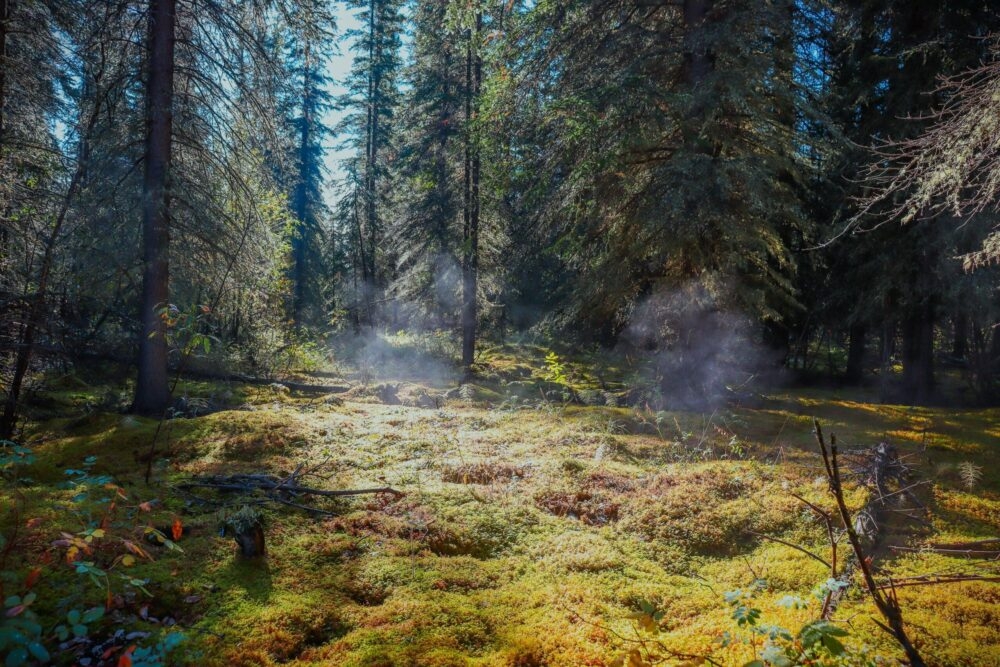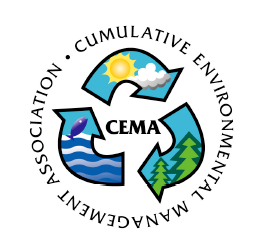Wildlife management
Content related to: Wildlife management
FILM TRAILER: The Medzih Story: Restoring a Caribou Landscape
Community-Science Reveals Delayed Fall Migration of Waterfowl and Spatiotemporal Effects of a Changing Climate
New Ducks Unlimited Canada Field Guide Highlights the Vital Role of Wetlands in the Yukon

Ducks Unlimited Canada (DUC) proudly announces the launch of the Yukon Wetland Field Guide, an essential resource designed to increase understanding and conservation of the region’s unique and valuable wetlands.
This comprehensive guide provides detailed information to help users identify and classify the various wetland types found across the Yukon. It acts as a companion resource supporting the Yukon government’s Policy for Stewardship of Yukon’s Wetlands.
Read the full press release here.
CEMA Resources Available Online

The Cumulative Environmental Management Association (CEMA) was a leading multi-stakeholder group operating in the heart of Canada’s boreal forest - the Regional Municipality of Wood Buffalo, Alberta.
CEMA was a key advisor to the provincial and federal governments committed to respectful, inclusive dialogue to make recommendations to manage the cumulative environmental effects of regional development on air, land, water and biodiversity. Based in Fort McMurray and operating for more than twelve years, this nonprofit association employed a professional secretariat to coordinate its world class research through Land, Air, Water and Reclamation working groups.
Some of the CEMA reports are now available through the Thomas A. Edge Archives & Special Collections at Athabasca University. More are being added as time permits.
To request CEMA reports or data that are not currently in the database, you can fill out the Research Request form.
CEMA Resources Available Online

The Cumulative Environmental Management Association (CEMA) was a leading multi-stakeholder group operating in the heart of Canada’s boreal forest - the Regional Municipality of Wood Buffalo, Alberta.
CEMA was a key advisor to the provincial and federal governments committed to respectful, inclusive dialogue to make recommendations to manage the cumulative environmental effects of regional development on air, land, water and biodiversity. Based in Fort McMurray and operating for more than twelve years, this nonprofit association employed a professional secretariat to coordinate its world class research through Land, Air, Water and Reclamation working groups.
Some of the CEMA reports are now available through the Thomas A. Edge Archives & Special Collections at Athabasca University. More are being added as time permits.
To request CEMA reports or data that are not currently in the database, you can fill out the Research Request form.
CEMA Resources Available Online

The Cumulative Environmental Management Association (CEMA) was a leading multi-stakeholder group operating in the heart of Canada’s boreal forest - the Regional Municipality of Wood Buffalo, Alberta.
CEMA was a key advisor to the provincial and federal governments committed to respectful, inclusive dialogue to make recommendations to manage the cumulative environmental effects of regional development on air, land, water and biodiversity. Based in Fort McMurray and operating for more than twelve years, this nonprofit association employed a professional secretariat to coordinate its world class research through Land, Air, Water and Reclamation working groups.
Some of the CEMA reports are now available through the Thomas A. Edge Archives & Special Collections at Athabasca University. More are being added as time permits.
To request CEMA reports or data that are not currently in the database, you can fill out the Research Request form.
Balancing Between Predation Risk and Food by Boreal Breeding Ducks
Working with Beavers
Working with landowners, municipalities, industry, government agencies and non-governmental organizations, Working with Beavers enables the realization of positive watershed outcomes by:
- Increasing knowledge, awareness and participation in activities that restore and sustain watershed functions
- Providing training for implementation of tools that enable coexistence with beavers
- Researching new tools and beneficial practices for restoration and coexistence

